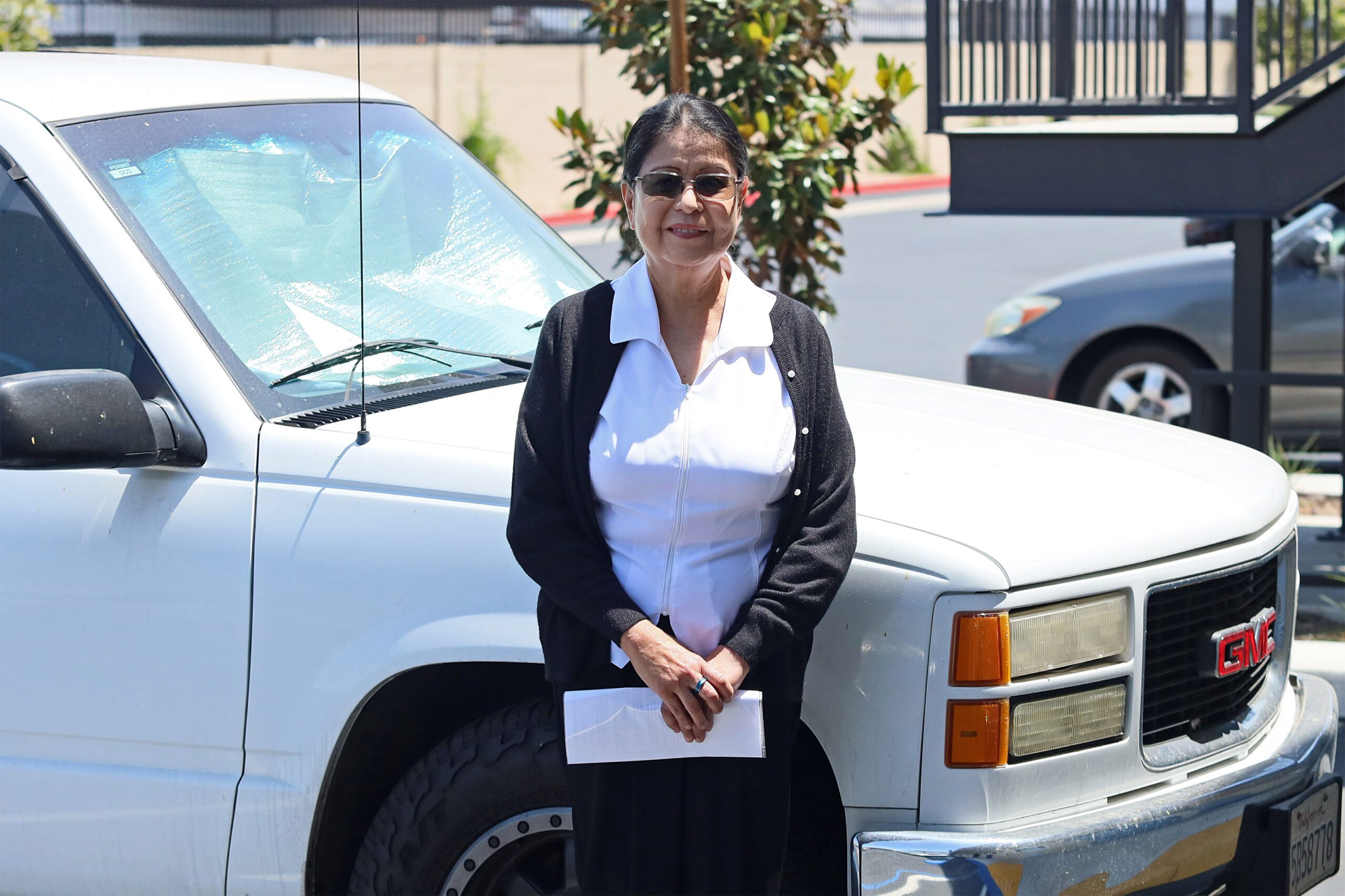By Inter Press Service
The new long-acting pre-exposure prophylaxis (PrEP) treatment “could have a revolutionary impact, improving options and making HIV prevention a more viable option for more people,” said Unitaid spokesperson Herve Verhoosel at its headquarters in Switzerland.
The programme, Verhoosel explained, is particularly aimed at “adolescent girls and young women in South Africa, who are currently the first to be affected by HIV, and transgender people and men who have sex with men in Brazil, other highly affected segments of the population”.
Unitaid estimates that 30% of transgender people in Brazil are living with HIV, as well as 18% of men who have sex with men.
In sub-Saharan Africa, six out of seven new HIV infections among adolescents are among girls, and young women are twice as likely to be living with HIV as their male peers, according to the agency.
The new treatment is based on long-acting cabotegravir, developed by ViiV Healthcare, a consortium of British pharmaceutical company GlaxoSmithKline with US-based Pfizer and Japan’s Shionogi.
Last December, the US Food and Drug Administration (FDA) approved long-acting injectable cabotegravir as pre-exposure prophylaxis for adults and adolescents, which was welcomed by the Joint United Nations Programme on HIV/AIDS (UNAIDS).
The injectable version has been shown to be 70-90% more effective than daily oral PrEP, recalled Unitaid, an initiative hosted by the World Health Organization that promotes access to treatment for diseases such as AIDS, malaria and tuberculosis in developing countries in the South.
The new treatment requires only six injections a year, each of which works for two months, preventing the virus from replicating in the body, effectively reducing viral load.
Although existing oral drugs known as “oral PrEP” can prevent HIV in 99% of cases, uptake has been slow and targets for reducing new infections have been missed, according to Unitaid.
That is often because people with HIV fear stigma, discrimination, or intimate partner violence if they take the pill every day.
The first doses going to Brazil and South Africa were donated by pharmaceutical companies, Verhoosel said.
The treatment costs a very high $20,000 a year in rich nations, prohibitively expensive in other regions, so “adequate and affordable supplies must be ensured so that people everywhere can benefit without delay,” Verhoosel said.
Unitaid has called on laboratories to adapt their prices to low-income countries and, in the long term, to allow generic manufacturing.
The original article can be found here
—
Previously Published on pressenza with Creative Common License
You Might Also Like These From The Good Men Project
 You Said ‘Race’, but Are You Actually Talking About Race?
You Said ‘Race’, but Are You Actually Talking About Race?  Understanding the Nonbinary: Are You Confusing Gender With Sex?
Understanding the Nonbinary: Are You Confusing Gender With Sex?  The Difference Between Compassion for Those With Disabilities & Ableism?
The Difference Between Compassion for Those With Disabilities & Ableism?  ‘Masculinity’ Is Having an Identity Crisis
‘Masculinity’ Is Having an Identity Crisis Join The Good Men Project as a Premium Member today.
All Premium Members get to view The Good Men Project with NO ADS.
A $50 annual membership gives you an all access pass. You can be a part of every call, group, class and community.
A $25 annual membership gives you access to one class, one Social Interest group and our online communities.
A $12 annual membership gives you access to our Friday calls with the publisher, our online community.
Register New Account
Log in if you wish to renew an existing subscription.
Username
First Name
Last Name
Password
Password Again
Choose your subscription level
- Yearly - $50.00 - 1 Year
- Monthly - $6.99 - 1 Month
Credit / Debit Card PayPal Choose Your Payment Method
Auto Renew
Subscribe to The Good Men Project Daily Newsletter By completing this registration form, you are also agreeing to our Terms of Service which can be found here.Need more info? A complete list of benefits is here.
—
Photo credit: iStock
The post New HIV Injection Arrives in Brazil and South Africa appeared first on The Good Men Project.
Original Article










